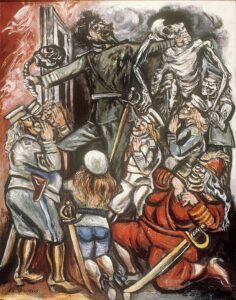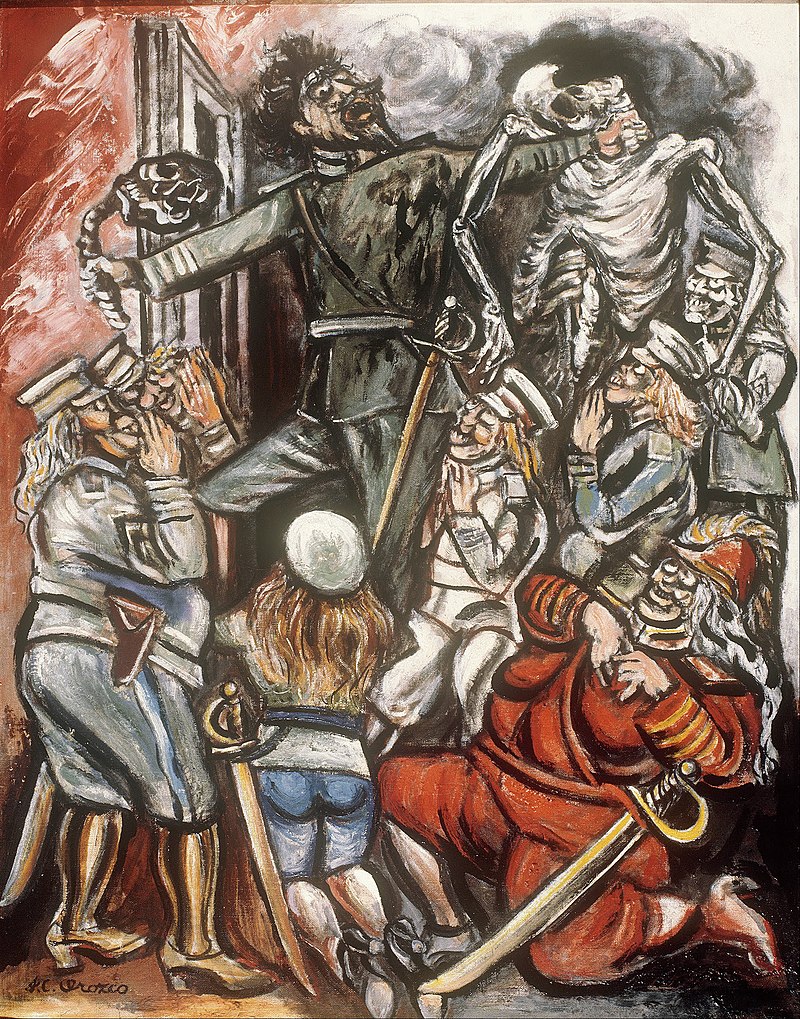A demagogue is nothing without a mass of fools to support him. Throughout history, the gene pool has offered a ready supply of fools, in sufficient number to undermine even the best democracy.
Robert Holschuh Simmons is Associate Professor and Chair of Classics at Monmouth College, Illinois. He has written a book that, while it is focused on Classical Athens, has direct resonance with what is happening in several Western democracies today. The re-election of Erdogan in Turkey this year is but the most recent example; the most notorious was the election of DT in the United States in 2016.
Simmons writes about a phenomenon well-known to any student of recent political history, but he is writing about Cleon, an unscrupulous demagogue who died in 422 BCE. “Generally, people tend not to be swayed away from their allegiance to leaders by being told that they are foolish for supporting such leaders; they are more likely to redouble their feelings of connection to those leaders, which may help to explain Cleon’s election as general of his tribe.”
Thucydides repeatedly portrays Cleon as “belligerent, self-interested, deceitful, and defamatory as a politician.” One wonders if the existence of DT is proof of reincarnation, or merely the sad fact that human nature has not changed in the past few thousand years. Either way, democracy suffers.
These days, comedians such as Kathy Griffin, Bill Maher and Stephen Colbert are at the forefront of attacks on the anti-democratic former president of the United States. In Athens more than 2,400 years ago, comedians were at the forefront of attacks on the anti-democratic Cleon. Simmons notes there were “a host of plays known as ‘demagogue comedies,’ of which little remains other than some of Aristophanes’ plays.” Such plays had at least one common thread. “Politicians who appear as though they are pandering to the people, while actually showing little regard for common Athenians, are ridiculed.”
It is useful to pause here to ask about the origin and meaning of ‘demagogue’ in ancient Athens. It was Thucydides who first used the word, when he was writing about Cleon, explains Simmons. “When this term, in its various forms, does appear, its connotation is rather diverse for nearly a century, on a continuum from a neutral expression used to describe a politician who showed sympathy to the interests of the non-elite, to one with perjorative connotations of an underqualified politician manipulating the non-elite to vault himself into wealth and prominence.” As for patriotism, it scarcely existed, particularly for the wealthy and powerful. The author qualifies this as “patriotism in the modern sense,” but I see no difference. The wealthy and powerful today have an allegiance primarily to more wealth and power, not the nation.
The author draws attention to the fact that “people being persuasive is not seen in the literature prior to the rise of the demagogues.” The Greek word pithanos implies false persuasion in many cases. “For the demagogues, credibility, and the success that depended on it, were determined in large part through their performances in front of audiences; for them, success was built in being pithanos.” Again, nothing has changed, as anyone who has been to a rally for DT can testify. False persuasion there is writ large, as all the genetically-deprived bobble heads acquiesce to the most despicable hatreds as if they were at a Hitler rally.
On the matter of Aristophanes, his play Knights was first performed in 424 BCE. The character Paphlagon in the play is a stand-in for Cleon. But Simmons take a contrarian approach here. Paphlagon actually claims to be the erastes to the personified Demos; that is, he portrays the character as a desirous lover in a pederastic relationship. Simmons argues against the figurative accuracy of that claim by showing Aristophanes actually limited the erotic component of Paphlagon’s performance. “Aristophanes seems to be illuminating the public figure that Cleon genuinely did cut… Aristophanes stops short of portraying Paphlagon as anything more than a caring and helpful (if also self-interested) mentor.” Simmmons devotes an entire chapter to exploring this matter in great and convincing detail.
The play Knights “implies that Cleon, and likely others following his lead, took deliberate steps to cultivate a sense of friendship between himself and individual common Athenians.” This is an important insight that Simmons brings to the play. Cultivating a sense of friendship with particular people, not just members of a political bloc, led to “acts taken on the level of civic politics that resonated with individual Athenians as reflections of actions of individual friendship.” Anyone who has been to the sort of rally I mentioned earlier will know that sycophants are positioned behind the ‘great leader’ DT to affirm for the television audience that everything he says is valid (even though it’s all a lie). As Simmons tells us, “One of the techniques that Cleon employed to win friends among common Athenians was simply to be physically close to a considerable number of individuals in that group.”
Even though the author makes no overt parallels between ancient Athens and 21st century America, no reader of this excellent book could fail to be struck by the nearly symmetrical relationship of the two great democracies. The frightening thing to keep in mind is that just 18 years after the death of Cleon, Athens was taken over by a group known as The Thirty Tyrants, an oligarchy fond of bloody purges. One can only hope the historical parallels will diverge before American democracy is added to the list of failed democracies.
I noticed one typo in the book. On page 62, “apparent is in” should read “apparent in”
Demagogues, Power, and Friendship in Classical Athens lists for $103. It is published by Bloomsbury.
Image: The Demagogue, a 1946 painting by José Clemente Orozco (1883 – 1949). In the public domain. Painting is in the Museo Nacional de Arte, Mexico.
for a recent article I wrote on American Demagogues, please go to this link:

